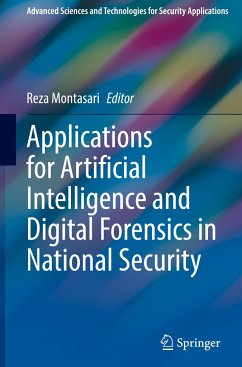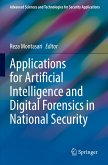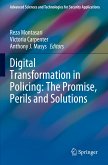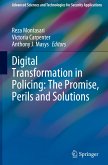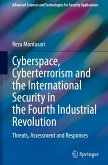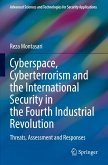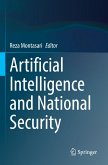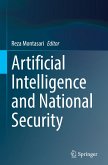This book delivers insights into how social science and technology might aid new advancements in managing the complexity inherent within national and international security landscape. The digital policing landscape is dynamic and intricate, emanating from crimes that are both persistent and transnational. Globalization, human and drug trafficking, cybercrime, terrorism, and other forms of transnational crime can have a significant impact on societies around the world. This necessitates a reassessment of what crime, national security, and policing mean. Recent global events such as human and drug trafficking, the COVID-19 pandemic, violent protests, cyber threats, and terrorist activities underline vulnerabilities residing in our current security and digital policing posture. As an interdisciplinary collection of studies, this book encapsulates concepts, theories, and technology applications, offering a comprehensive analysis of current and emerging trends and threats within thecontext of national and international security. Undertaking an evidence-based approach, this book offers an extraordinarily perceptive and detailed account of issues and solutions related to the complex national and international security landscape.
To this end, the book:
presents insights into emerging and potential technological and methodological solutions as well as advancements in relation to integrated computational and analytical solutions that could be deployed for the purposes of national and international security;provides a comprehensive analysis of technical, ethical, legal, privacy, and civil liberty challenges stemming from the aforementioned advancements;and, accordingly, offers detailed recommendations supporting the design and implementation of best practices including technical, ethical, and legal approaches for national and international security uses.
The research contained in the book fits well into thelarger body of work on various aspects of AI, cybersecurity, national security, digital forensics, cyberterrorism, ethics, human rights, cybercrime, and law. It provides a valuable reference for LEAs and security organizations, policymakers, cybersecurity experts, digital forensic practitioners, researchers, academicians, graduates and advanced undergraduates, and other stakeholders with an interest in national and global security.
To this end, the book:
presents insights into emerging and potential technological and methodological solutions as well as advancements in relation to integrated computational and analytical solutions that could be deployed for the purposes of national and international security;provides a comprehensive analysis of technical, ethical, legal, privacy, and civil liberty challenges stemming from the aforementioned advancements;and, accordingly, offers detailed recommendations supporting the design and implementation of best practices including technical, ethical, and legal approaches for national and international security uses.
The research contained in the book fits well into thelarger body of work on various aspects of AI, cybersecurity, national security, digital forensics, cyberterrorism, ethics, human rights, cybercrime, and law. It provides a valuable reference for LEAs and security organizations, policymakers, cybersecurity experts, digital forensic practitioners, researchers, academicians, graduates and advanced undergraduates, and other stakeholders with an interest in national and global security.

